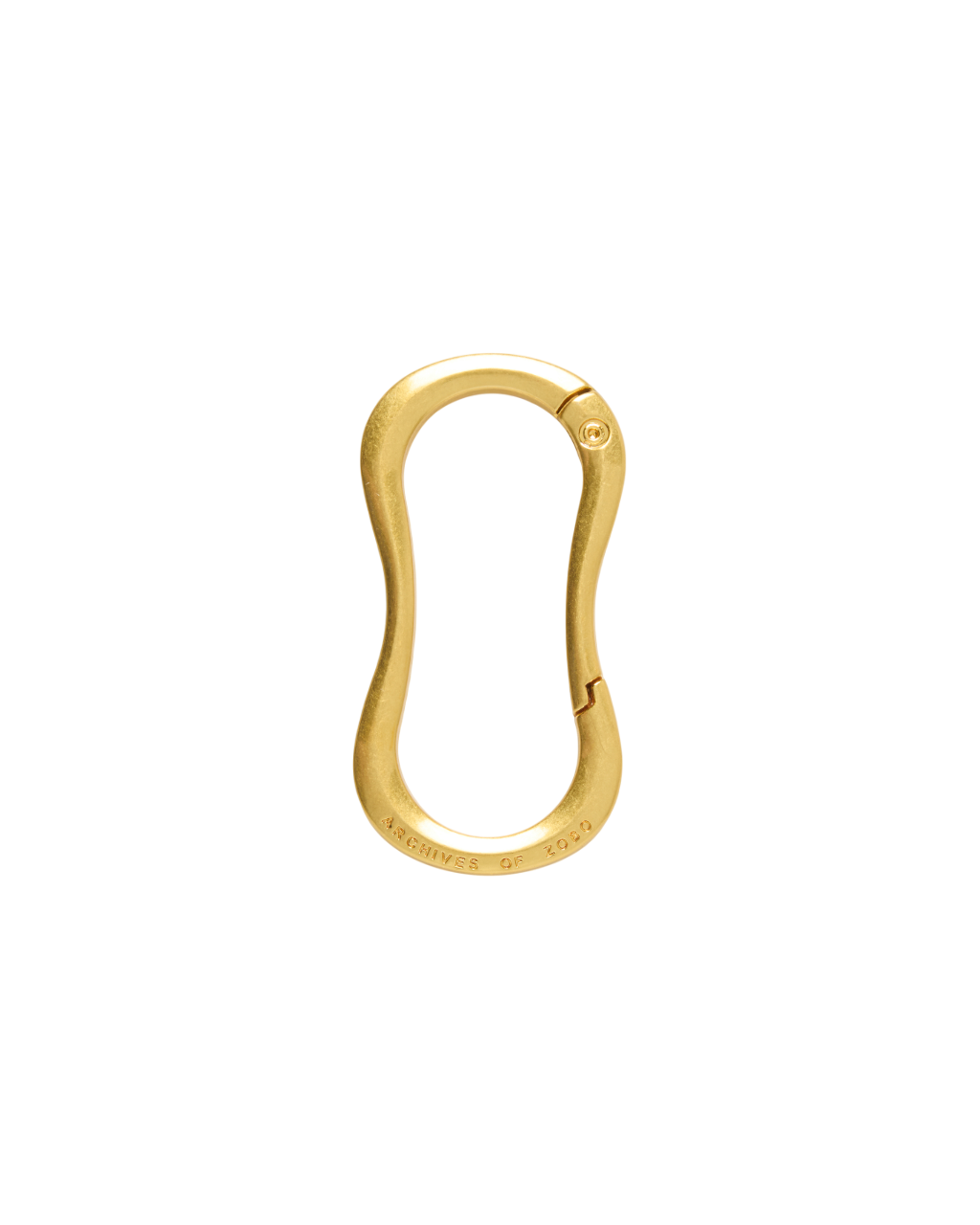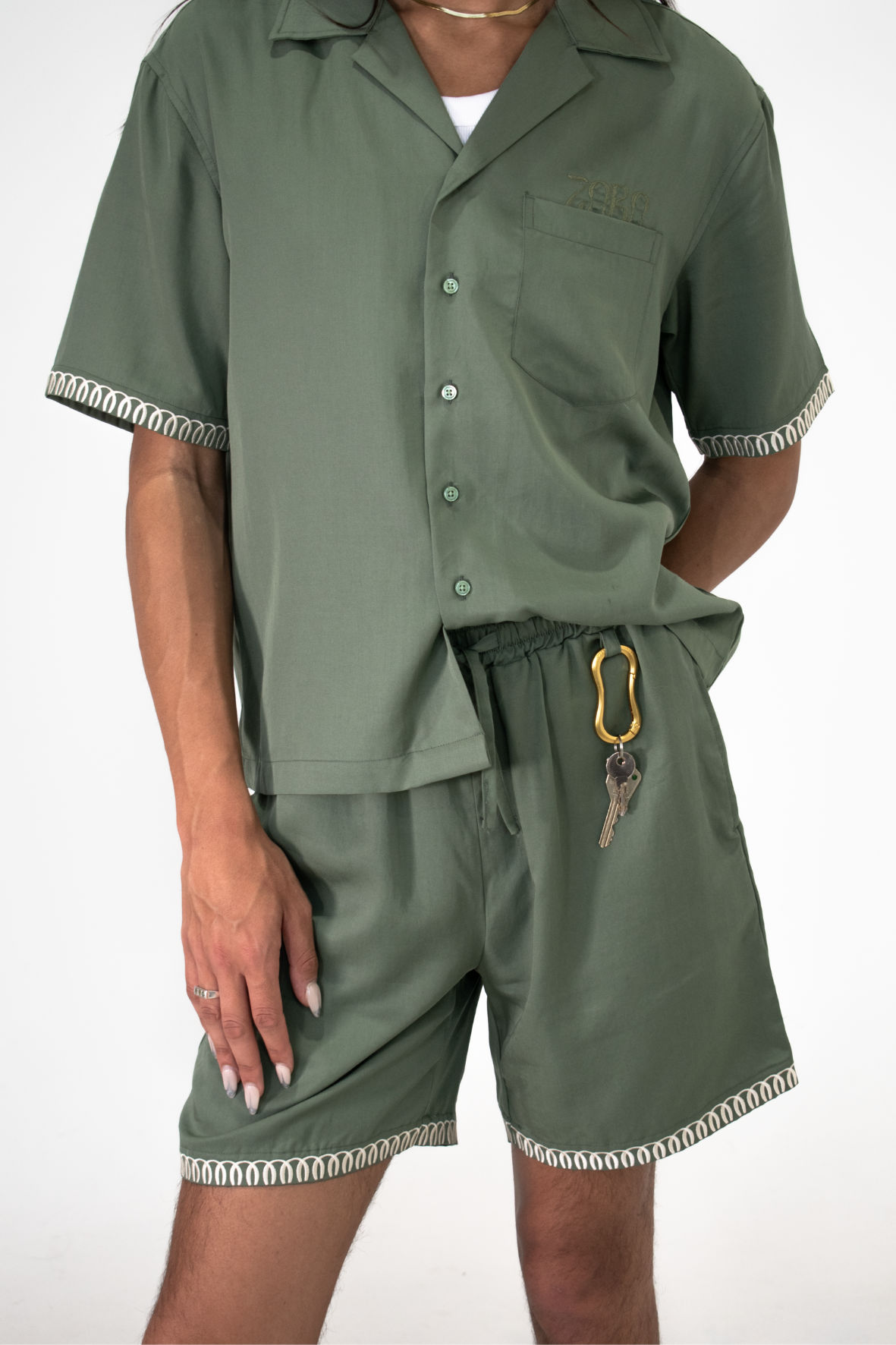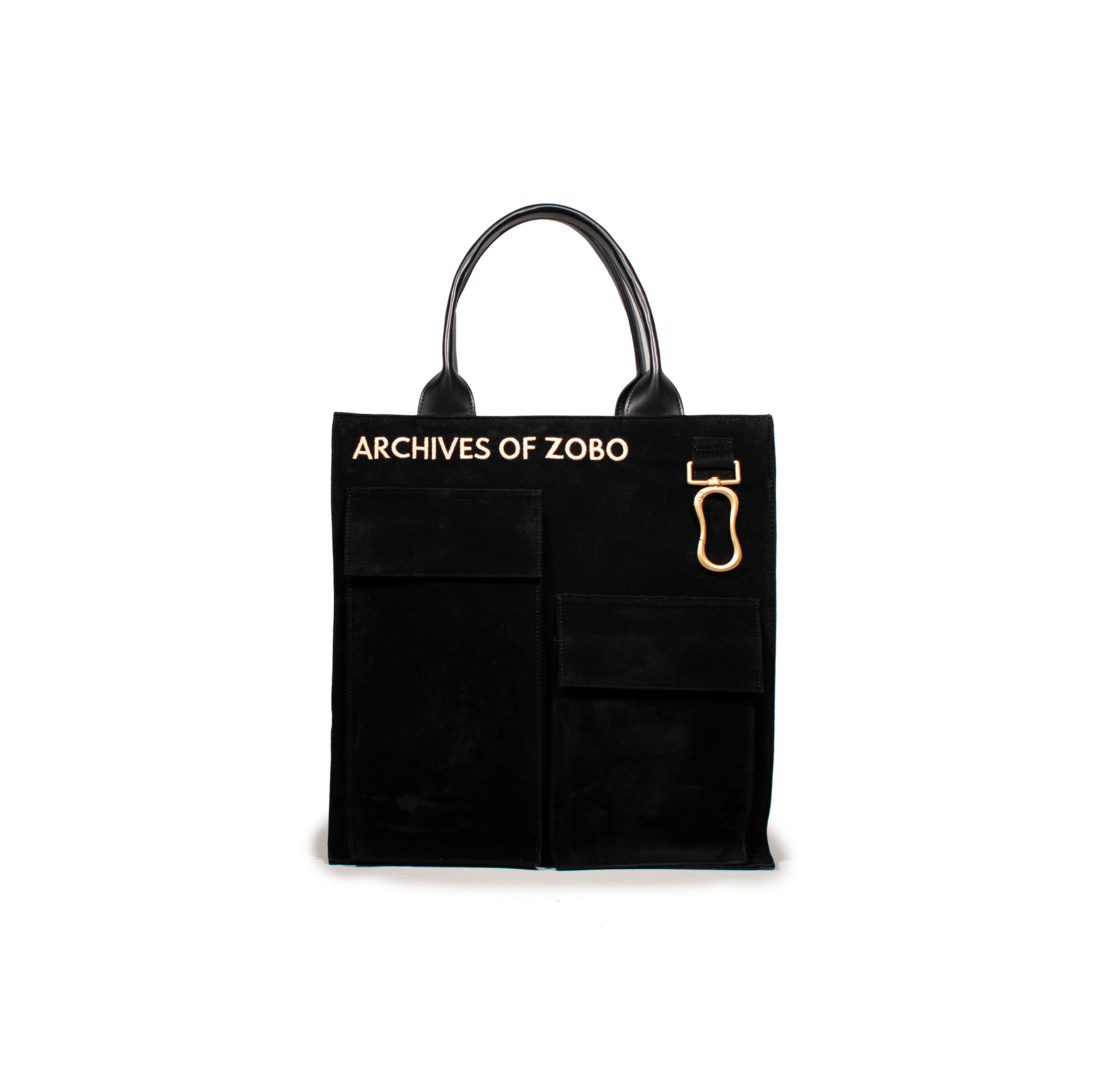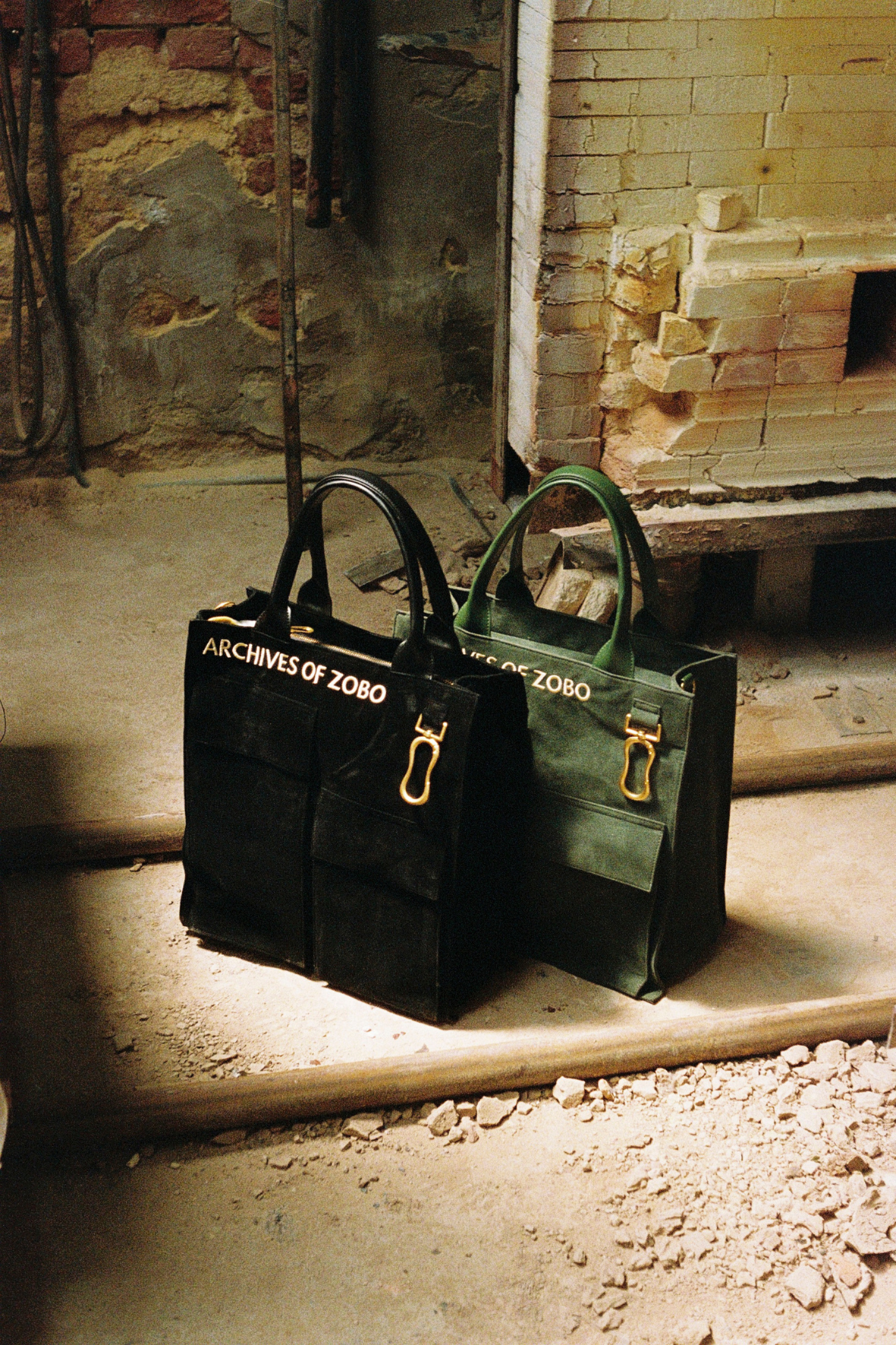Archives of Zobo (“ZOBO”) is founded on an idea of a juxtaposition of character; by taking two seemly opposed aesthetics and marrying them as one — to spawn a visual that is unique but not out of place. We have dubbed this Gritty Grandeur.
The same idea is also found in the character of people; people who don’t seem to fit into one mould. Such people are not only comfortable in a myriad of foreign situations, but thrive in them. It is the person who should naturally go right but actually goes left; it is the Oxford educated lawyer who plays poker professionally; or the Wall Street banker who is now an antiquities dealer — or to borrow a phrase from an earlier piece of our writing: the person who is comfortable in black tie sipping martinis to swilling cheap beer in a sweaty denim popover with people to whom grosgrain is as foreign a concept as an easy day.
This is why there was not better fit for our first Dispatch Profile, than a character subsumed in the annals of history: Sir David Stirling.
Sir David Stirling, or, Lieutenant Colonel Archibald David Stirling DSO OBE was born into the depths of aristocratic privilege. He possessed the traditional platform to achieve great success: best boarding schools, a guaranteed spot in Trinity College, Cambridge, and an almost infinite cash-flow. You can imagine a man of such pedigree would appear everywhere with a perfectly starched shirt, combed hair and a disposition that would read straight out of the an etiquette manual. Yet, he dropped out of Cambridge, twice; tried to be an artist and architect; attempted to climb Everest; and also tried his hand at being a cowboy — he simply disdained the regimented discipline required to achieve conventional success, as some has quipped about his character. It was Hitler’s permanent right-turn into France that prompted his mother to write to him, insisting he join his father’s old Regiment, naturally as an officer.

For someone of such aristocratic privilege, officership would have been a cozy walk in a park. Officers were expected to behave, act and think in a manner that might as well have been drawn from the same book as Stirling’s upper-class education — albeit with a war-fighting twist. Not for Stirling. The man who hated the regimented discipline naturally despised the parades, the monotony of traditional military life, the saluting, and the top heavy decision making process. He was acting out: frequenting the Officers club and getting drunk into dawn; missing important parades (usually because he was in the infirmary nursing a hangover); he also expressed a poorly hidden contempt for regimented Officers; Officers that he should have been like. Not even selection to the British Commandos was enough to pacify his wavering mind.
It was a brief stint in hospital (the consequence of lower limb paralysis from an ill-fated attempt at parachuting. Stirling didn’t know how to parachute, mind you) that led to the idea a need existed for a detachment of men willing to live rough, fight dirty, think smart — and most of all throw the bounds of conventionality out the window. It was this philosophy that led to the eventual foundation of the Special Air Service (SAS); the revered unit that still prevails to this day.
Knowing he was up against a rigid military brass averse to unconventional, Stirling relied on his background by digging deep into the wells of nepotism to charm a group of old, rich aristocratic generals — some his father’s old chums, into granting his every wish. With nothing but idealism warped through the confidence of someone born into the depth of utter privilege, he charmed and got all he wanted: delinquent men, guns and free license to fight how he deemed fit.
This isn’t a history lesson so, it is fair to ask why is he being written about for a clothing brand?
It is because he embodies the ZOBO juxtaposition. Stirling’s successes would not have been possible were it not for his personality — equal parts rough rider and equal parts aristocrat. Stirling’s actions and ideas were the complete anthesis of the conventionality and rigidity expected of a man of his pedigree. He didn’t shun his privileged background, just went left when convention would say he’d go right — and such a characteristic is best summated by historian Ben McIntyre, who describes a scene, where in the morning Stirling, having spent a month in the desert, was dirty, unshaven and had his uniform in near rags, to then spending the evening at British Headquarters Cairo, in black-tie, clean shaven and well combed — charming none other than the Aristocrat’s Aristocrat, Winston Churchill.







